This video spurs my mind to sadly remember how things were better then than now. To remember how Nigeria has been unlucky with leadership. Remembering how strong was our Naira against dollars decades ago. Now that we cry over our Naira losing values, and we practically producing nothing, exporting barely nothing but importing almost everything. How can our economy grow with these clueless leaders we have been having?
It’s baffling how a nation as richly blessed as Nigeria could look back and find that, in many ways, it was better off decades ago than it is today. Despite an explosion of higher institutions, a rising literacy rate, and abundant natural resources, Nigeria struggles under the weight of unfulfilled potential. Like a wellspring that refuses to flow, the nation’s growth remains stunted, primarily due to corrupt and ineffective leadership. It’s often said, “When a tree falls in the forest, it makes more noise than the ones growing silently,” and Nigeria’s leaders have been more focused on cutting down opportunities than nurturing them.
A stark example is Nigeria’s once-thriving textile industry, a powerhouse in the 1960s, 1970s, and 1980s. The sector didn’t just manufacture fabric; it wove together communities, providing jobs and generating revenue that contributed to a burgeoning middle class. But instead of nurturing this essential industry, successive governments allowed it to decline, prioritising personal gain over national prosperity. In the West, governments go to great lengths to keep industries alive, injecting bailouts and incentives to safeguard employment and reduce social ills. But in Nigeria, it’s been a different story. The government would sooner close factories and sell off the land, converting these spaces into worship centres, event halls, and schools. Kwara State is a stark example, where former factory sites now house film centres, event venues, and private buildings instead of industries that could support thousands of families. One previous governor claimed to have built agriculture house along Sango road but having nothing in it to aid agricultural development. Another claimed to have built Songa farms but today, nothing meaningful to show for it. The present is virtually doing nothing concrete to make the state a self sustaining in agriculture despite the increase in monthly allocation. All governors in Nigeria are mere chasirs who collect money and distribute the money. They have nothing upstairs to bring wealth to their States but only caps in hands every month to Abuja for monthly allocation. Deceit upon deceits. Maybe when Nigeria is restructured and all States are meant to be generating revenue to survive they will think beyond the monthly allocation.
READ ALSO:
Kano LG: Accept Defeat, Yusuf Tells APC
Imagine a Nigeria where these major textile companies are no more than memories:
1. **United Nigerian Textiles Limited (UNTL)** – Once one of the largest textile producers in Kaduna, UNTL provided employment and economic support for thousands.
2. **Arewa Textiles** – Another prominent player in Kaduna, Arewa Textiles supplied printed and dyed fabrics locally and regionally, helping to build the local economy.
3. **Afprint Nigeria PLC** – Based in Lagos, Afprint was known for its vibrant African prints and lace materials, once a symbol of Nigerian craftsmanship.
4. **Asaba Textile Mills** – Located in Delta State, this mill played a significant role in meeting Nigeria’s textile needs.
5. **Kaduna Textile Limited (KTL)** – One of the earliest and most influential textile industries, KTL produced a range of fabrics, establishing Kaduna as a textile hub.
6. **Nichemtex Limited** – Based in Ikorodu, Lagos, Nichemtex was a subsidiary of the Chellarams Group, contributing to the economy before facing insurmountable challenges.
7. **Gaskiya Textile Mills** – Situated in Kano, Gaskiya once produced quality fabrics, serving as a local leader before it succumbed to the pressures of foreign competition and operational costs.
8. **First Spinners Limited** – Also in Kaduna, First Spinners was part of a robust textile ecosystem that no longer exists.
9. **Nigeria Textile Mills Limited (NTM)** – Lagos-based and one of the largest textile firms in the 1970s and 1980s, NTM was once a symbol of Nigeria’s industrial strength.
10. **Western Textile Mills (WTM)** – This Lagos-based company served local and regional markets with high-quality garments, but like many others, it eventually closed its doors.
“When the roof leaks, the ceiling rots,” and in Nigeria, years of neglect, corruption, and policy failures have rotted away industries that were once the pride of the nation. These factories, which once thrived, declined under the weight of numerous challenges: unreliable power supply, outdated machinery, high production costs, foreign competition, smuggling, and inconsistent government policies. Instead of providing critical support, Nigeria’s leadership allowed these businesses to collapse, turning once-bustling factories into empty shells or selling them off for non-industrial uses.
Even as China surged forward, building its industries and becoming the world’s manufacturing powerhouse, Nigeria failed to invest in its own potential. “The frog does not jump in broad daylight for nothing,” and it’s clear that the erosion of these industries has left a void, creating high unemployment and increasing social vices as a result. The absence of these jobs and industrial opportunities has fuelled a wave of insecurity, youth restiveness, and economic hardship that could have been avoided.
If only Nigeria could channel its resources effectively and prioritise the welfare of its people over the narrow interests of a few. The foundation for greatness is there, waiting to be built upon. But until there is a change in leadership focus and integrity, Nigeria may continue to look back on its past with longing instead of looking forward to a promising future. It’s time for Nigeria to remember that “If you want to go far, go together,” and only through collective national effort and responsible leadership can Nigeria restore its industries, provide jobs, and finally unlock its true potential.
Razaq Mohammad Adisa PhD
Department of Mass Communication
University of Ilorin,
Kwara State.







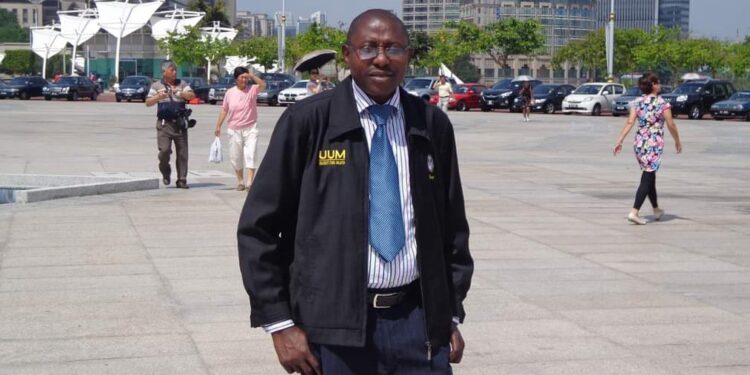





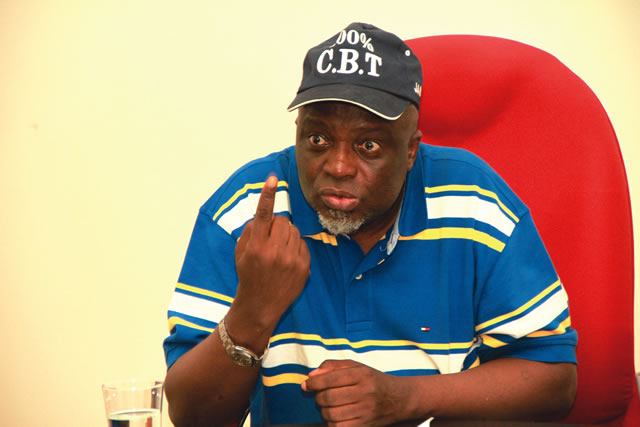
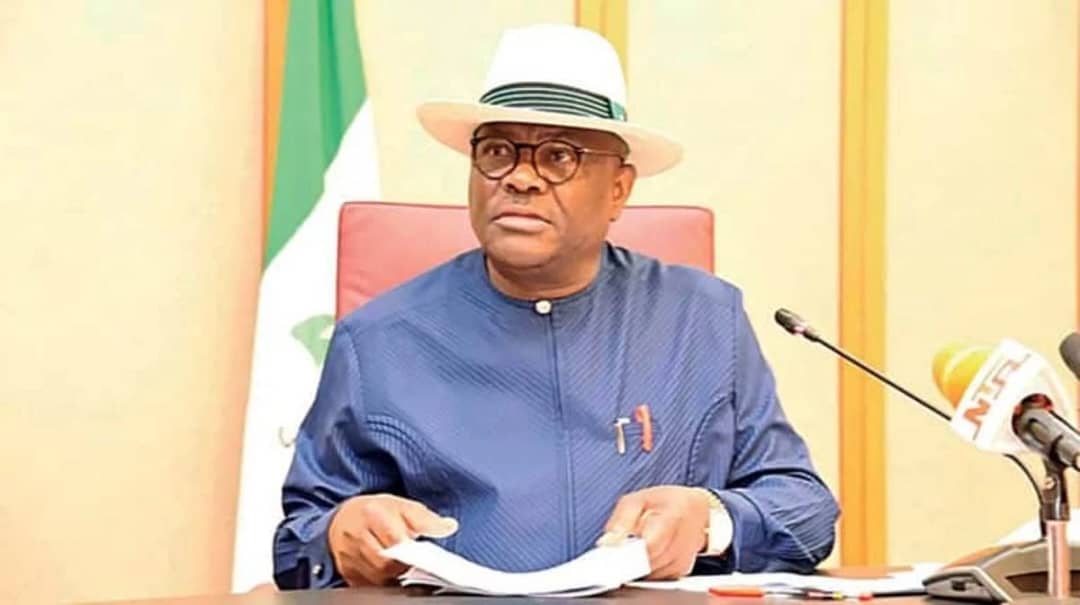
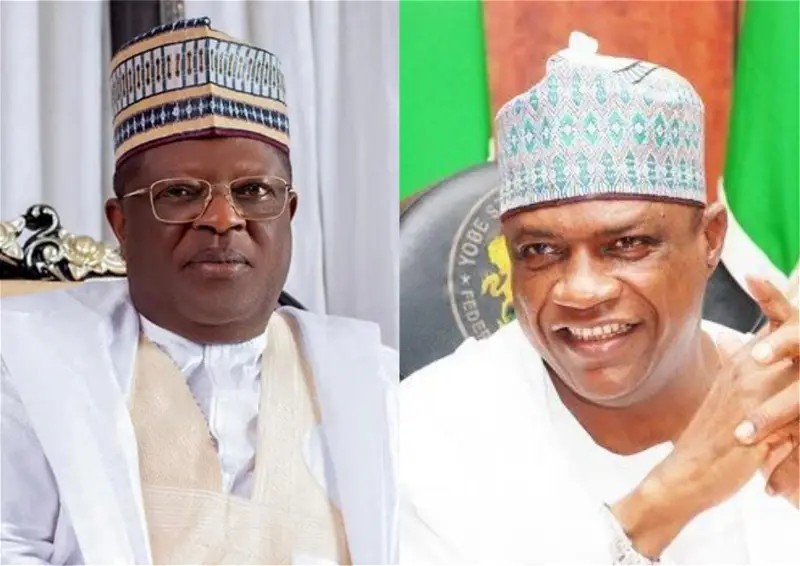




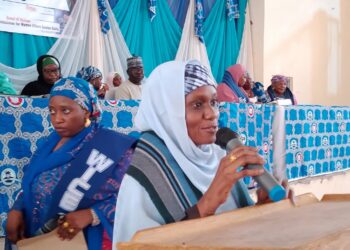


 You can install this WP plugin on your website from the WordPress official website:
You can install this WP plugin on your website from the WordPress official website: 